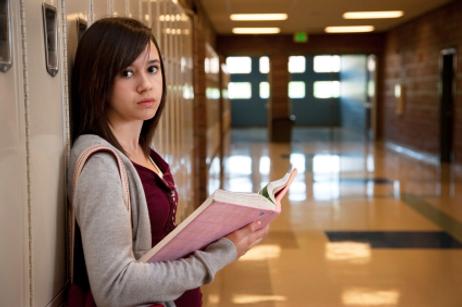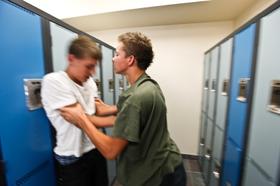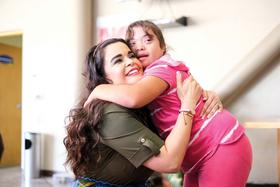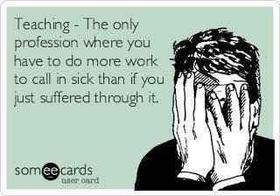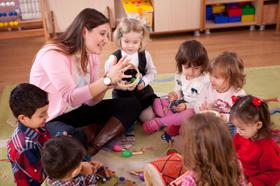The long and lazy summer days may become significantly shorter for some students nationwide if proponents of longer school years get their way. More schools are examining how to add days to the school year by lengthening the current school day or shortening summer vacation. Those in favor of more school time say the change is necessary to avoid many schoolchildren's academic challenges during the long summer months. Opponents argue that reducing summer vacation strips children of the needed respite from the academic grind and the opportunity for more in-depth learning opportunities. While both sides may have a legitimate point to make, the debate may be won by those with the most educational and political clout.
This video from NPR discusses the pros and cons of ditching the long summer break.
Education Secretary Leads the Charge
Education Secretary Arne Duncan is one of the biggest proponents for more school time. Duncan told the Washington Times it should be no surprise that American students are falling behind their counterparts across the globe who attend school in countries not bound by a 180-day school year. Duncan noted in the New York Times that the original 180-day school year was based on the agrarian economy, where children were expected to help in the fields during the summer months. That model is no longer accurate for today鈥檚 educational environment or the future workforce.
鈥淚f we鈥檙e serious





